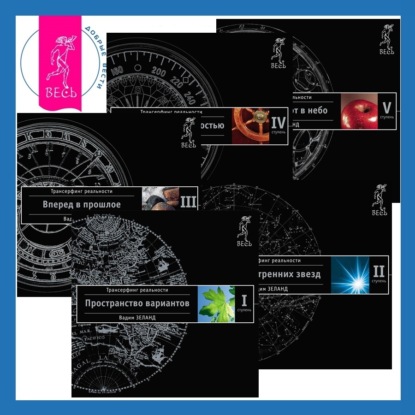Excerpt from Church of England Magazine, 1839, Vol. 6
In this are of multifarious reading and extensive information, when the sources of truth are opened to us on every side, nothing seems more important than a frequent consideration of the state of mind which is required in ourselves to make that truth, so copiously poured forth to us, available for our spiritual nourishment and growth. All things seem provided for us; it behoves us to remember what is necessary to be provided by us. The good seed is scattered abroad with liberal hand; it is meet that we should press upon ourselves the truth, that the produce to be expected from it will depend, not merely on the mode or the degree in which it has been sown, but on the nature of the soil into which it falls.
I venture therefore to remind each reader of this Magazine, of the importance of his personal state of mind with reference to the truth* which come before him; and of the dispositions, therefore, which he must cultivate if he would gain a practical benefit from those truths.
To estimate the importance of our personal state of mind with reference to truth, we need only recollect the solemn caution of our Lord to his disciples, "Take heed how ye hear for therein he plainly intimates, that not only what we hear is important, but the state of mind in which we hear; and, moreover, that this state of mind, so important, is but too apt to be overlooked; that men forget their personal duty in the matter, and require to be warned thereof. He was speaking to his immediate disciples, who enjoyed the special advantage of his private teaching, and who would be in danger of resting in that privilege without personal effort to make the most of it - of being satisfied that they had heard his words, and could perhaps remember them and repeat them to others, and say, How finely did our Master talk! and yet not think over them and live upon them for themselves.
And what is the argument with which this caution is enforced? Because, "whosoever hath, to him shall be given; but whosoever hath not, from him shall be taken even that which he seemeth to have; where the maxim seems to be a proverbial one, refer-ring primarily to the capacity for profiting by pecuniary gifts. It is like that Spanish proverb, "He who would gain the wealth of the Indies, must possess the wealth of the Indie." To make money, you must have money to begin with: to increase your capital, you must have a capital to increase. He that has something to begin with, and diligently seizes opportunities for its employment, shall soon be rich; whereas he that sets out only upon credit, and then upon the strength of that credit is satisfied and indolent, will too soon find that credit failing him, and will be left worse than nothing; that which he "seemeth to have" will be taken from him.
And so it is with the commerce of the mind.
About the Publisher
Forgotten Books publishes hundreds of thousands of rare and classic books. Find more at www.forgottenbooks.com
This book is a reproduction of an important historical work. Forgotten Books uses state-of-the-art technology to digitally reconstruct the work, preserving the original format whilst repairing imperfections present in the aged copy. In rare cases, an imperfection in the original, such as a blemish or missing page, may be replicated in our edition. We do, however, repair the vast majority of imperfections successfully; any imperfections that remain are intentionally left to preserve the state of such historical works. Это и многое другое вы найдете в книге Church of England Magazine, 1839, Vol. 6 (Classic Reprint) (Church of England)















